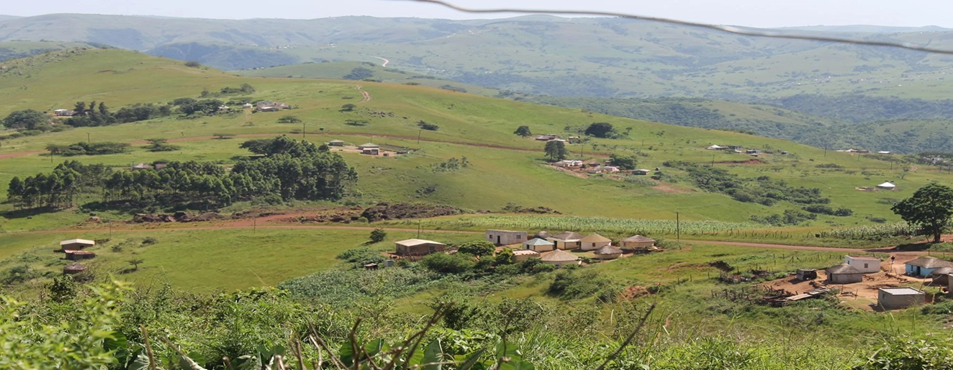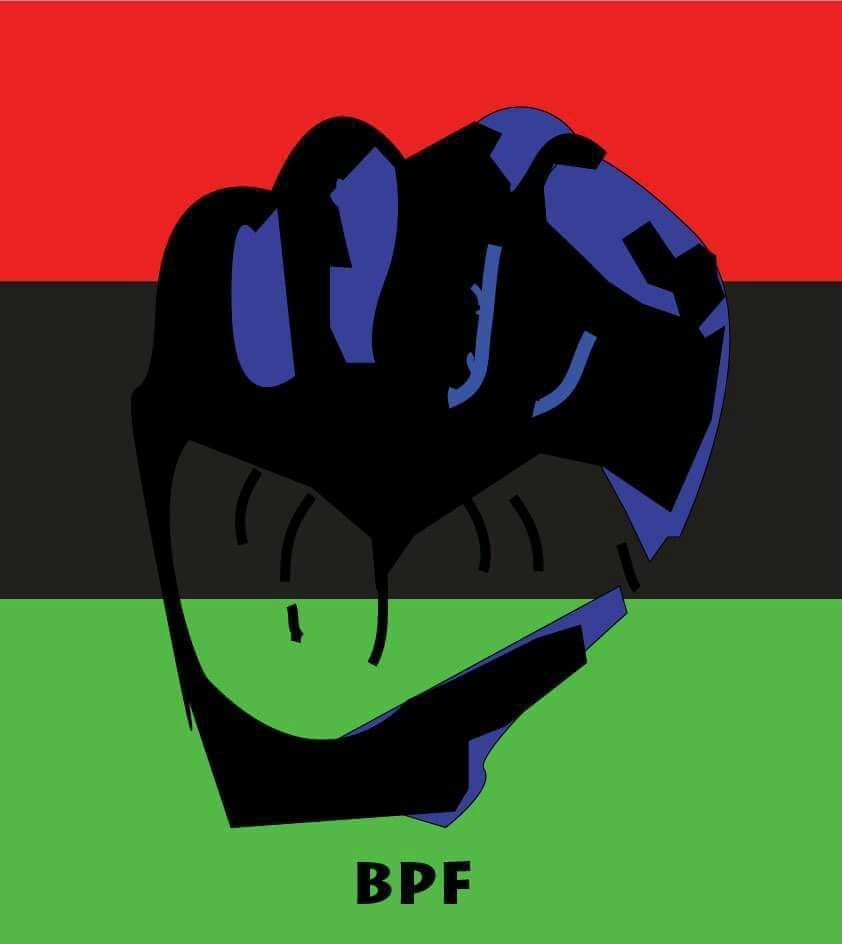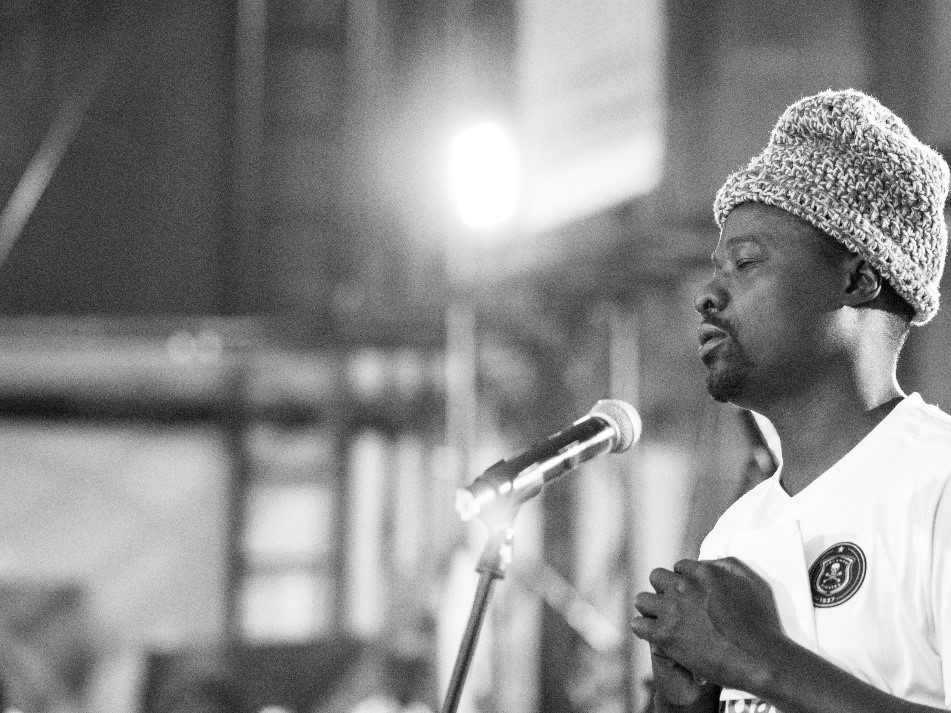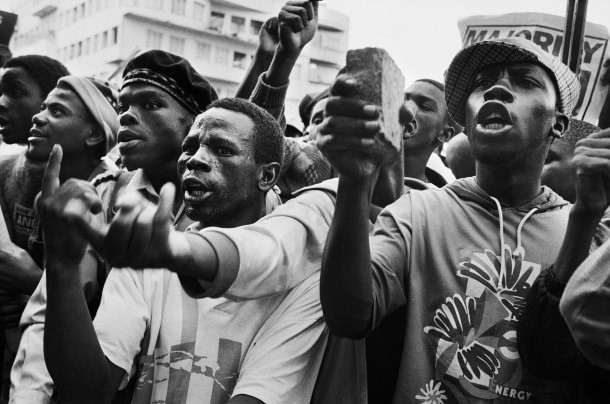One aspect of the impact of the coronavirus on organisations that are least focused on is how the idea of “working from home” could hamper productivity and result in many other unintended outcomes. What this essentially implies is that a drastic mind-shift may be necessary to establish and redefine new employer-employee relationships suitable for abnormal times created by the lockdown.
If this is expertly executed, organisational relations could undergo a major transformation. However, things such as working from home under imposed conditions of “social distancing” and “staying at home” could prove a deadly combination for individuals and organisations. Conditions of abnormality affect mental health and interfere with employer-employee relations.
Much of the management literature tends to overly concentrate on newer topics like technological advances in the workplace and grossly underplays the human element. Hence, the overemphasis on the Fourth Industrialisation is a great non-starter. The global coronavirus pandemic nonetheless quickens organisational transformation and could also provide a glimpse of how the workplace of the future could look like. Even long before organisations had really adjusted and modified their structures, procedures and contractual relations, the Covid-19 has already set the tone. Therefore, it is now up to organisations to either fail or thrive under the new settings but still placing the needs of a worker at the centre of their focus. However, the absence of active labour market policies directed at both businesses and workers to mitigate the bruising reverberations of the crisis on workers.
National Lockdown: The Environment of War and Hardship

As a former psychometrist at a large multinational public institution, I have an in-depth understanding of working with employees who operated in stressful environments across the world, from Cuba and Venezuela to Algeria and Mauritania. My interpretation is that the lockdown is not far from such environments of war and hardship. Thus, the notion of ‘working from home’ during the lockdown period could prove to be a serious faux and may result in unprecedented organisational conflict and challenges. Mentally and emotionally, many workers could struggle to be productive and or to do any meaningful work during the lockdown except for menial, administrative and low-level tasks. As a result, organisational performance and individual contribution could be severely impacted. There are of course many reasons for this, but the main concern is that organisations aren’t suitably prepared.
As we speak, employers and managers could be in a serious state of confusion and disarray. They grapple with the challenges emanating from the lockdown, which will last for three weeks at least. The government made certain exceptions for fewer organisations to provide ‘essential services’ but a large number of organisations had to either scale down or remain shut for an indefinite period. The idea of working from home was suggested to make sure that organisations remain functional, even if it would be below their usual capacity. Many organisations made the decision without taking due consideration on the psychological and emotional challenges the lockdown could have on individuals and their families. Professor Renata Schoeman of the University of Stellenbosch Business School nonetheless proposes that individuals should maintain good physical and emotional health.
The JSE and global markets have suffered record declines since the coronavirus crisis started. And governments from USA to New Zealand unveiled grand plans worth trillions of dollars to try and stop a contagion that continues to create havoc worldwide. The value of the stock at the JSE is easy to see as it drops on a daily basis but the most important component in any organisation - a human being - is not receiving much attention in the midst of global panic. No single effort is directed at preserving the global workforce through psychological intervention. Organisations hope to still survive after coronavirus but there could be no employees to keep them going. Or those who will be alive, and potential employees, could be suffering from serious mental health issues. So, this article aims to highlight the relationship between two variables, namely the national lockdown and mental health of employees.
Schoeman thinks that during the lockdown employees could be “less stressed due to avoiding traffic and commuting time (which also saves time, money and environmental impact), having the ability to stay at home with children, especially with the current shutdown of schools, and better work-life balance due to more flexibility in how they allocate their time.” But in truth, this could be slightly simplistic and also oversimplifies the present condition which is neither voluntary nor optional. For many life appears to have come to a standstill. They also live in fear of becoming part of the statistics, which is a real possibility of seeing how the coronavirus has disrupted life in China, Italy and the United States. Therefore, the view that individuals are in a good space to perform their work from home and in the company of their families is difficult to understand.
SA has not been on lockdown for long. But experience from countries, such as Italy and Spain who are respectively in their three and two weeks of confinement, suggests that worse things are yet to come. Reports indicate that people are showing signs of desperation as they run out of money and food. Italy is on the verge of large scale unrest as a result. Organisations such as the South African Depression and Anxiety Group (SADAG), UCT’s Department of Psychiatry and Mental Health and the South African Society of Psychiatrists (SASOP) suggest that SA is in a shocking state of mental illness. This must be worrisome that the entire population of 58 million is sharply exposed to a proven stimulus for mental health, the national lockdown.
It is quite frightening to imagine that the entire country which already has deep-seated struggles of many kinds faces a great prospect of dipping into a state of national depression. With around 70 percent of the SA population falling in categories of the unemployed, informal sector and low-earners, prospects of mass protests and violence could erupt before the end of 21 days. Poverty and other related factors provide an open stage for dramatic events to happen if they aren’t happening already. There is a strong possibility of seeing the lockdown extended. With no imminent financial support for individuals and families, a storm could tear the country into pieces and thus displace many people. Obviously, when the national lockdown was planned, security, policing and stopping the virus were put ahead of the issues of mental health. What is likely to happen is that the nation could be saved from infection by the coronavirus but it could be mentally ill.
Working From Home and Disciplinary Issues
As such, organisations need to approach the present circumstances with great circumspection or the situation could easily result in a surge in disciplinary cases, especially against low-level employees who would be bullied and asked to do the impossible. SA organisations across the board are known for their inflexibility and their processes lack the agility to help them face rapidly changing environments. It may be argued however that the lockdown tends to be much more suitable for large organisations because they have almost limitless resources and capacity to deal with any crisis in the short to medium term situations. In comparison, small and medium-sized entities battle to make ends meet under normal conditions. They could, therefore, fail to adapt and will resort to the hostile treatment of workers.
This doesn’t mean that larger ones will not do the same. Current corporate practice, in both private and public organizations, is such that supervisors and managers tend to exert unnecessary pressure on and set unrealistic deadlines for junior staff members. Constructive dismissal is quite prevalent in SA organisations. With companies already dragging their feet in paying their employees during the lockdown, which they would like to push to the ‘no work, no pay’ rule, the situation could worsen. Disciplinary cases could climb leading to unfair dismissals and or even to industrial action in unionized sectors of the economy. The lockdown provides conducive conditions for heightened workplace conflict. This could interfere with already fragile labour peace in the public service and other sectors.
It is a known fact that the lockdown is an anomaly which creates unusual conditions for workers. Their physical and mental conditioning is at its lowest during this period. And many with families and children could be in an undesirable position, which could be exacerbated by such things as lack of space and emotional dependence of others on them at this period. Lack of the necessary tools like internet access, telephone and resources that are normally available at work compound the challenges even more. In addition, Bongani Hans asserts that many workers “fear no work, no pay during the lockdown.” It is such a great pity that discretion has been left to employers to pay or not to pay workers during this period. This exposes workers to further stress and poverty.
Consequently, some employers have proceeded not only to withhold pay but also they either temporarily terminated working relationships or dismissed employees. Many people have gotten letters from their employers which inform them of demotion or termination of services as a result of the lockdown. Other companies forced employees to take leave and if they don’t have days they will be paid less. The point is that employers who long dreaded to follow retrenchment procedures in terms of section 189 of the Labour Relations Act (LRA) are and could take advantage of the situation to dismiss scores of workers. They will raise issues of non-performance during the lockdown.
Companies were already under strain even long before the economy went on recession and some applied for mass retrenchments. Others opted for the Commission for Conciliation Mediation and Arbitration (CCMA) route wherein there was a sudden sharp increase in disciplinary cases against workers at all levels. Late in 2019, the CCMA reported an unprecedented number of cases where employers dismiss workers for frivolous reasons in avoidance to comply with the country’s labour regulations on retrenchments and mass dismissals. In 2018/19, nevertheless, the CCMA received 38,588 retrenchment notices mainly from construction, mining and metal sectors. With the impact of the lockdown still to be felt, the CCMA will not be in a position to save any jobs. Hence, the call for urgent macroeconomic policy interventions for workers and businesses alike.
National Lockdown and Mental health
Clinically, the mental state of workers in these unfamiliar, and sometimes hostile, conditions need to be properly evaluated and assessed by human resource departments and managers to avoid unnecessary victimization and bullying of employees. The fact that the employer provides the basic tools of the trade such as telephone, laptop and internet dongles is not enough. Fear of losing a job and contracting a deadly virus dominates workers’ minds more than meeting deadlines. In fact, work is least of their problems at the moment. Of course, they want to retain their jobs because they provide them with salaries and stability in their lives. The World Health Organisation (WHO) warns that confinement in one place for an extended time as well as restrictive measures could “have a negative impact on people's mental health and well-being.”
The truth is that the present crisis is going to affect workers in different ways. WHO’s Hans Kluge says, “Isolation, physical distancing, the closure of schools and workplaces are challenges that affect us, and it is natural to feel stress, anxiety, fear and loneliness at this time.” Conditions of lack of money and food are bad enough. But the Covid-19 can hit an individual directly. He or she may be obliged to home quarantine or isolation with a possible or proven infection, which mean hospitalisation if sick. This can also happen to a close family member or friend. On the other hand, children would experience their own anxieties. As adults, it is improbable that they could study as proposed by the education departments. The psychological effects of coronavirus are still to be felt as the lockdown gets grimmer.
Judging from the overall approach of South African organisations, it doesn’t look like they are thinking about providing psychological assistance to their employees and families. Employer organisations such as Business Unity SA or Black Business Council and trade unions in all sectors of the economy have not even set up psychological hotlines staffed with clinical specialists to support workers and their families as the first line of defence. It is time for other social partners to assist the government in dealing with the coronavirus. No worker will produce miracles under the present conditions of a war-like situation. There bombs and guns outside but yet employers could be expecting a worker to pretend as if he or she isn’t in the bunker when asking him or her to work from home.
Clearly if employers anticipate normality from abnormality, the psychological effects of coronavirus are yet to be felt. But a warning shot has been sounded. Everyone needs to be aware that the aftermath of Covid-19 would require to be approached like all post-war situations. Besides broken or devalued organisations, companies will welcome back workers who are not fit after the lockdown.
Siya yi banga le economy!





















